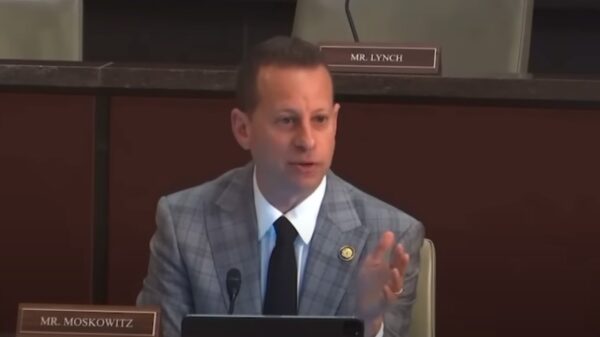The National Telecommunications and Information Administration (NTIA) has smartly chosen to reform the Broadband Equity, Access, and Deployment (BEAD) Program to remove regulatory burdens and provide a more tech-neutral approach. This move has the real potential to save taxpayer dollars and speed up the deployment of broadband.
The move, announced by Commerce Secretary Howard Lutnick (who oversees NTIA), was not unexpected because Trump administration officials had indicated a desire to peel back some of the rules placed on BEAD under the Biden administration.
“Today we proudly announce a new direction for the BEAD program that will deliver high-speed internet access efficiently on a technology-neutral basis, and at the right price,” Lutnick said. “President Trump promised to put an end to wasteful spending, and thanks to his leadership, the American people will get the benefit of the bargain, with connectivity delivered around the country at a fraction of the cost of the original program.”
The Biden administration placed a heavy emphasis on fiber, which would have greatly increased the cost to deploy broadband in rural and hard-to-reach locations. While fiber is an important part of the process, the flexibility to use such services as satellite internet and fixed wireless will help save costs in the $42.5 billion program. “Removing the preference for a single technology will bring the full force of the competitive marketplace to bear and allow American taxpayers to obtain the greatest return on their investment,” the NTIA said in a fact sheet. In an effort to increase efficiency in the BEAD program, NTIA implemented several other changes, including:
- Limiting labor and employment requirements to a certification of compliance with the existing law, eliminating DEI edicts.
- Eliminating requirements to conduct analyses on climate change impacts.
- Ending requirements requiring net neutrality rules and imposed wholesale access
- Removing rules that required consultation with special interest groups, including representatives from demographic and identity-based organizations.
- Ditching the preference for non-traditional broadband providers, including government-owned networks (GONs).
- Curbing rate regulation by preventing states from imposing a specific price level for broadband service and eliminating a requirement for a middle-class affordability plan.
- Streamlining environmental reviews by requiring the use of the NTIA-developed Environmental Screening and Permitting Tracking Tool, which is designed to accelerate National Environmental Policy Act processing timelines by several months.
NCTA, a trade organization representing broadband and cable television companies, said in a statement that it welcomed the changes to BEAD.
“These updates are welcome improvements that will make it easier for providers to build faster, especially in hard-to-reach communities, without being bogged down by red tape,” the statement said. “Delivering universal connectivity is a national priority, and these reforms move us closer to achieving that mission.”
Adam Casady, the acting administrator of NTIA, said the reforms will allow for his administration to focus on what Congress intended – broadband deployment – and not the unnecessary burdens placed on BEAD by the Biden administration.
Many state officials had pushed back against the red tape. For example, Texas Comptroller Glen Hagar wrote Sen. Ted Cruz (R-Texas) earlier this year asking for federal officials to change the BEAD requirements. Hegar wrote that, “I believe certain ‘nonessential’ requirements exceed the program’s original intent and unnecessarily complicate its implementation.”
The previous requirement preferencing non-traditional providers for BEAD funding was particularly onerous given the many failures of GONs, as the Taxpayers Protection Alliance has documented numerous times in recent years.
The decision by NTIA will help ensure that regulatory hurdles will not harm efforts to close the digital divide, and that funding can be allocated where it is more useful.
Johnny Kampis is director of telecom policy for the Taxpayers Protection Alliance





















